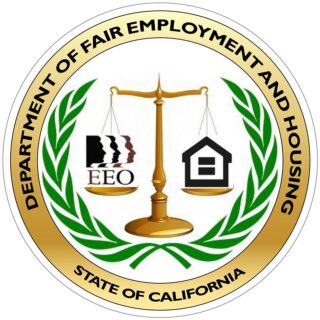Seyfarth Synopsis: On Monday, September 27, Governor Newsom signed a number of employment-related bills, including bills aimed at combatting wage theft and wage/hour violations by garment manufacturers, all of which go into effect on January 1, 2022. The Governor also vetoed two measures by Assembly member Lorena Gonzalez aimed at paid family leave and recall rights for hotel workers.
 Going
Going
Continue Reading Governor Signs Garment Manufacturer, Wage Theft, and Other Employment-Related Bills
 What is
What is  The DFEH hails as the largest state civil rights agency in the country, with 220 full-time employees operating out of five offices throughout California. Its annual report makes clear that its core work is litigation.
The DFEH hails as the largest state civil rights agency in the country, with 220 full-time employees operating out of five offices throughout California. Its annual report makes clear that its core work is litigation. Seyfarth’s One Minute Memo readers will recall that we reported, back
Seyfarth’s One Minute Memo readers will recall that we reported, back As a general rule, California employers must provide employees with workers’ compensation insurance coverage for work-related and
As a general rule, California employers must provide employees with workers’ compensation insurance coverage for work-related and

